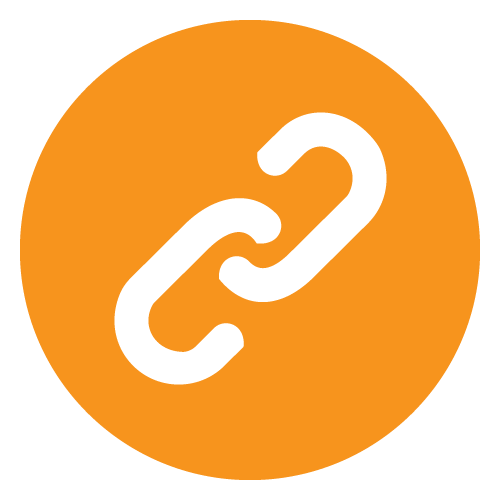 Integration
Integration
The final differentiator is OnPoint’s vast array of utilities and processes that enable our online and mobile solutions to integrate with other third party platforms, applications and essential business practices. The typical integration effort requires expertise, experience and the proper programmatic tools used in combination that allow for the flow of data points from one system into another. In practice, these tools are either simple programmed triggers and batch files or more sophisticated Application Program Interfaces (“APIs”) that can securely connect a customer’s various OnPoint solutions with any of their other internal business systems or applications. The tools used and approaches taken vary widely but the objectives are always to provide informational connectivity that streamline setup and consolidate the reporting of business outcomes.
-
Automated Business Rules
The most basic form of integration involves the mapping of general business rules into triggered scripts that execute automatically whenever an action is invoked. A standard practice in this context would be the automated assignment of a learner to a specific set of groups, a location and a job code based on information supplied in a nightly user import feed from an HRIS, payroll or other LMS/TM platform.
-
Authentication/SSO
Implementations that require added security or authentication will add a secure direct feed enabling single sign-on (“SSO”) capabilities through a common authentication source. Most progressive enterprise organizations elect to implement federated SAML-style SSO for both online and mobile use cases, in addition to the regular user import feed.
-
Basic & Advanced APIs
OnPoint has developed a highly sophisticated set of APIs that facilitate direct application-to-application and platform-to-platform connections between various systems of record. OnPoint offers two different sets of API toolkits, one that offers basic connectivity and the other is the full set of APIs that expose all available services in the OnPoint platform. Both sets of APIs use RESTful methods and JSON calls, are well documented and have test cases for easier implementation and development.
-
Third Party Platform Connectors
OnPoint has also developed several vendor-specific API tool kits that allow our customers to directly connect their OnPoint online and mobile platforms to other popular business services and platforms. The growing list of standard third party APIs include connectors for leading LMS/TM platforms like Oracle/Taleo, Skillsoft, and SumTotal as well as other business services like Box, Citrix GoToMeeting, Cisco Webex and others including various messaging and incentive reward platforms.
-
App-to-App Communications
OnPoint has also developed a set of tools that enable connectivity of installed CellCast native apps with other third party installed applications making it easier and practical to share information between two installed apps. A common use case would allow a learner accessing training in CellCast to launch a simulation or game found in another installed app with “one tap exit/one tap return” functionality.
-
Integration Partners
Finally, OnPoint recognizes expertise is gained from demonstrated experience and often the most qualified resource to develop and implement a critical integration process are outside third party partners. OnPoint regularly works with customer and/or partner technical personnel to design, develop and implement the various bridges and connectors needed to join a mobile or online solution set to a customer’s legacy LMS/TM Systems, ERP or CRM platforms, authentication services or other key applications.